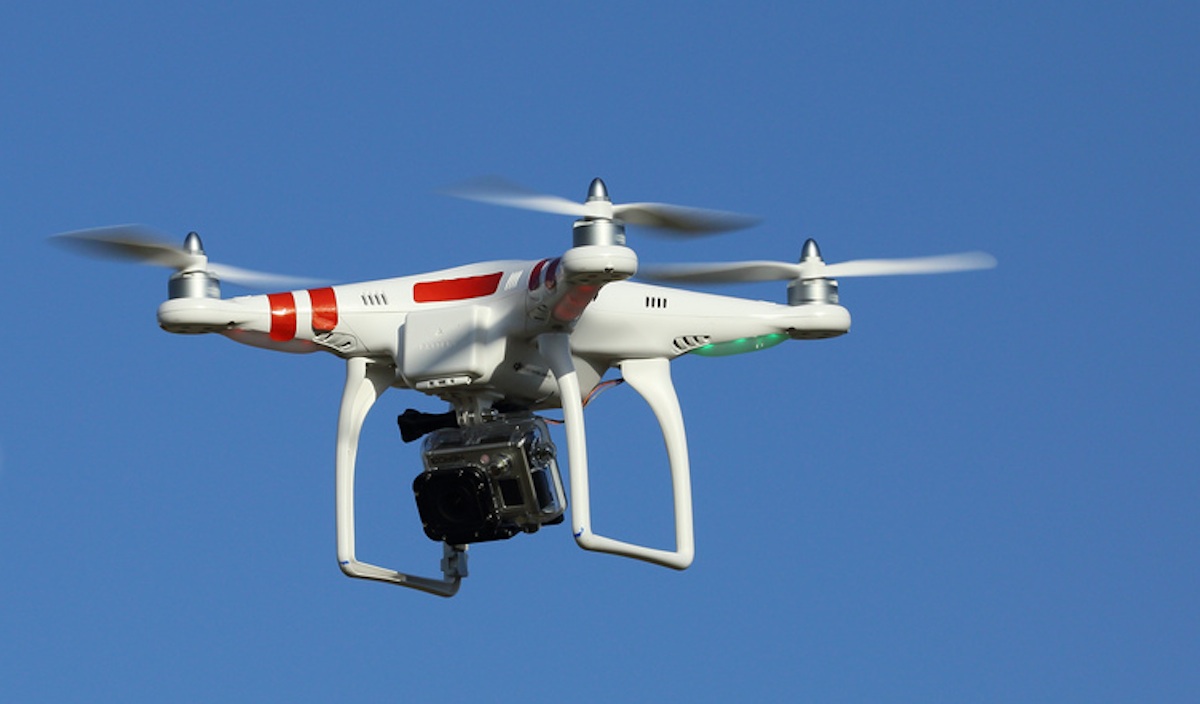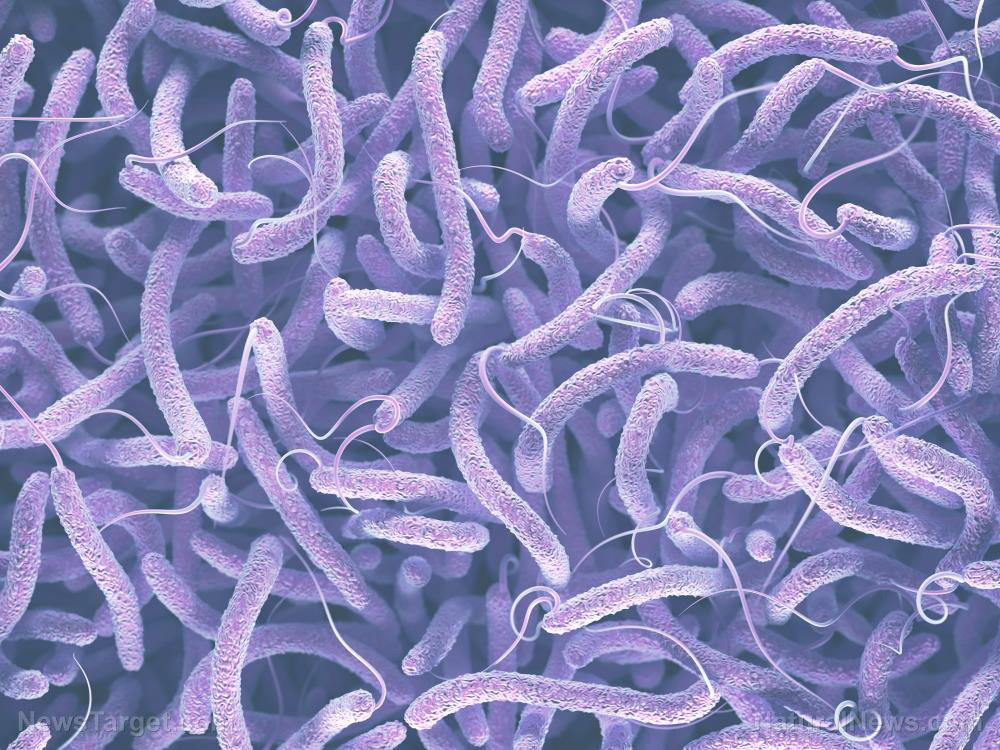The modern-day bloodhound – a robot that can rapidly detect odors on the ground
08/27/2018 / By Edsel Cook

Not only are hyper-efficient robots replacing humans in various lines of work, but they are also substituting for man’s best friend in its job at sniffing out things. An article in Science Daily stated that Chinese and Japanese researchers have created a robot that is better than a bloodhound when it comes to picking up scents from the ground.
Bloodhounds are the quintessential tracking dog. They are bred and trained so that they can pick up the faintest and oldest of scents. A bloodhound will doggedly follow the trail for more than a hundred miles, only quitting when it finds the source of the scent.
A trio of research engineers from Kyushu University (KU) in Fukuoka, Japan have recreated the bloodhound’s scent-tracking capability in the untiring chassis of a robot. The new scent-detecting machine is not just quick at picking up odors from footsteps on the ground.
The robot is also smarter than most dogs, if the report published in the science journal ACS Sensors. Whereas a bloodhound is not capable of reading, the robot can decipher a binary barcode message that has been written on the ground using the scents. (Related: Robot-dog being used to help dementia patients remember memories.)
New gas sensor uses gold nanoparticles to identify different scents
The KU-designed robot is the latest iteration of the long-standing engineering dream to create the mechanical equivalent of a bloodhound. Most of its predecessors did not even come close to the standards of an untrained bloodhound puppy.
Many earlier robots were only limited to picking up fresh airborne scents that had been recently released. They could not discern the important smell once it reached the ground, where it would mix with other odors and eventually fade. Other robots took too much time to study the scent.
In order to remedy these, KU researchers Zhongyuan Yang, Fumihiro Sassa, and Kenshi Hayashi developed a new gas sensor with unprecedented speed. The instrument can detect the faint trail left behind by a source and follow the imperceptible marks of passage over great distances.
The KU odor sensor gained its improved abilities by using the “localized surface plasmon resonance” (LSPR) technique. It carefully observes the minute changes in the amount of visible light absorbed by tiny gold bits whenever the metal nanoparticles encounter a gas molecule.
The robot stays close to the surface of the ground it travels across. A tube that nearly touches the soil gathers different scents for the LSPR sensor to pore over while searching for the scent it has been programmed to hunt down.
New odor-sniffing robot can even read binary barcode written using scents
During testing of their experimental robot, the KU research team reported that their robot could travel at the speed of four inches (10 cm) per second. Its gas sensor was able to locate the source of ethanol odors that were set up at various spots along its route.
Furthermore, the robot was able to decipher the word “odor,” which was “written” in binary barcode language across the ground using a series of ethanol marks.
Its proud creators claim the odor-sensing robot could fulfill various roles. The most obvious is replacing bloodhounds and other sniffer dogs when it comes to searching for criminals, persons who have gone missing during a disaster, illegal drugs, and explosives.
It could also be used to sniff out dangerous gas leaks and smoke caused by fires in both homes and oil production facilities.
You can find out what new application researchers are slapping into potential Terminators at Robotics.news.
Sources include:
Tagged Under: dogs, future tech, gas sensors, innovation, inventions, machine learning, nanoparticles, odor detection, Odors, robot jobs, robot nose, robot takeover, robots, Scents, science and technology, smell




















